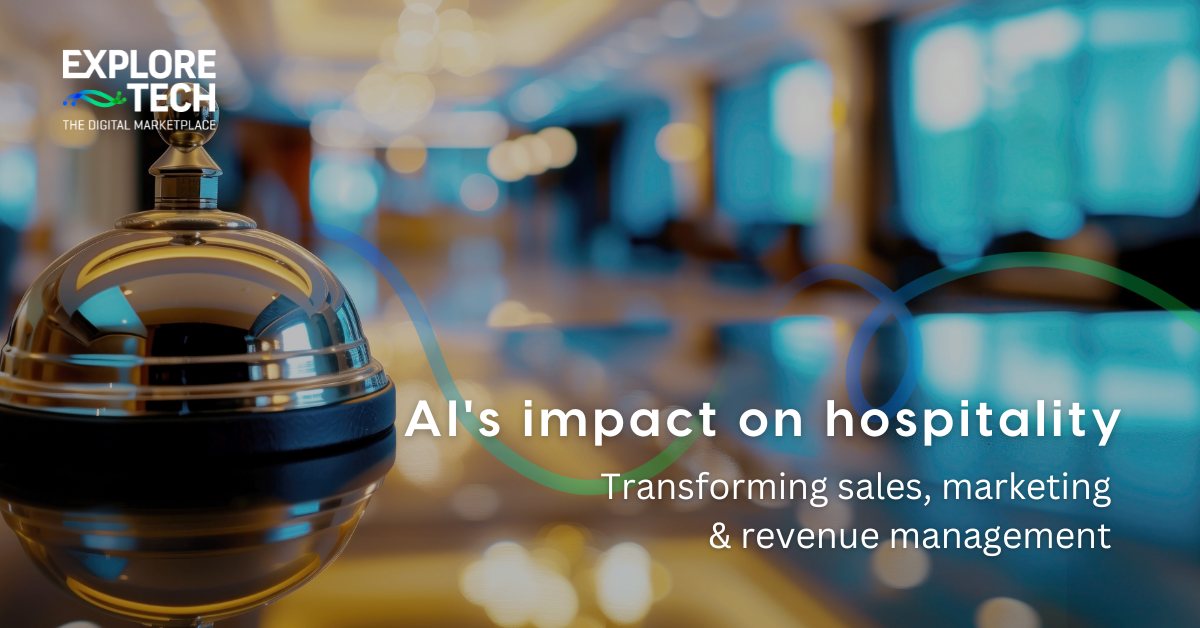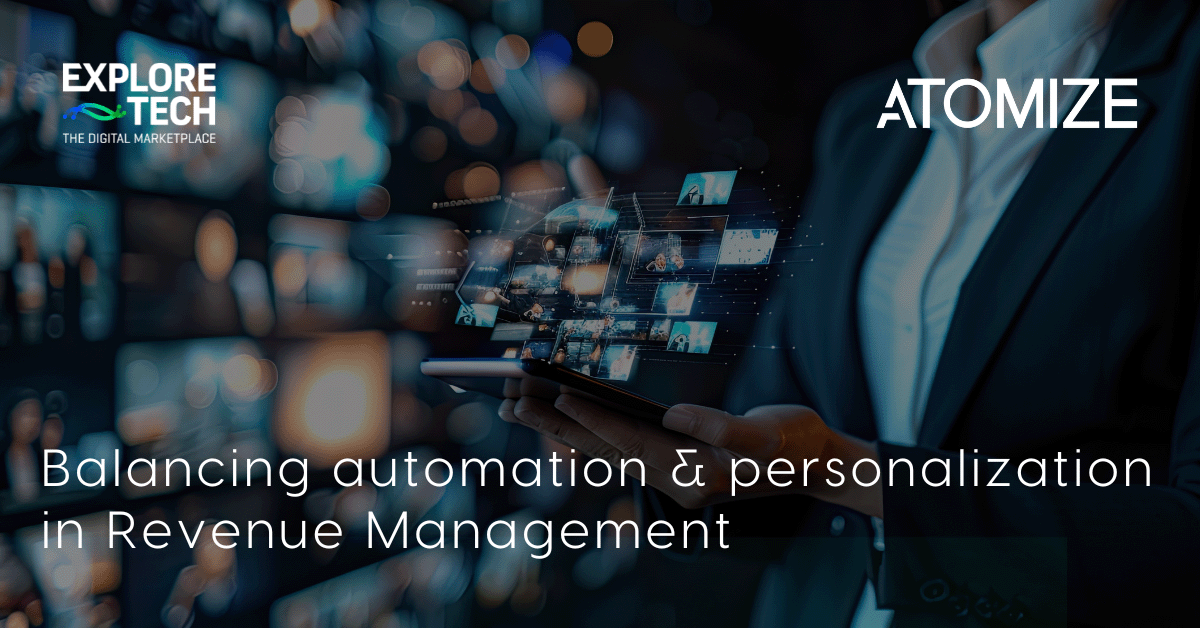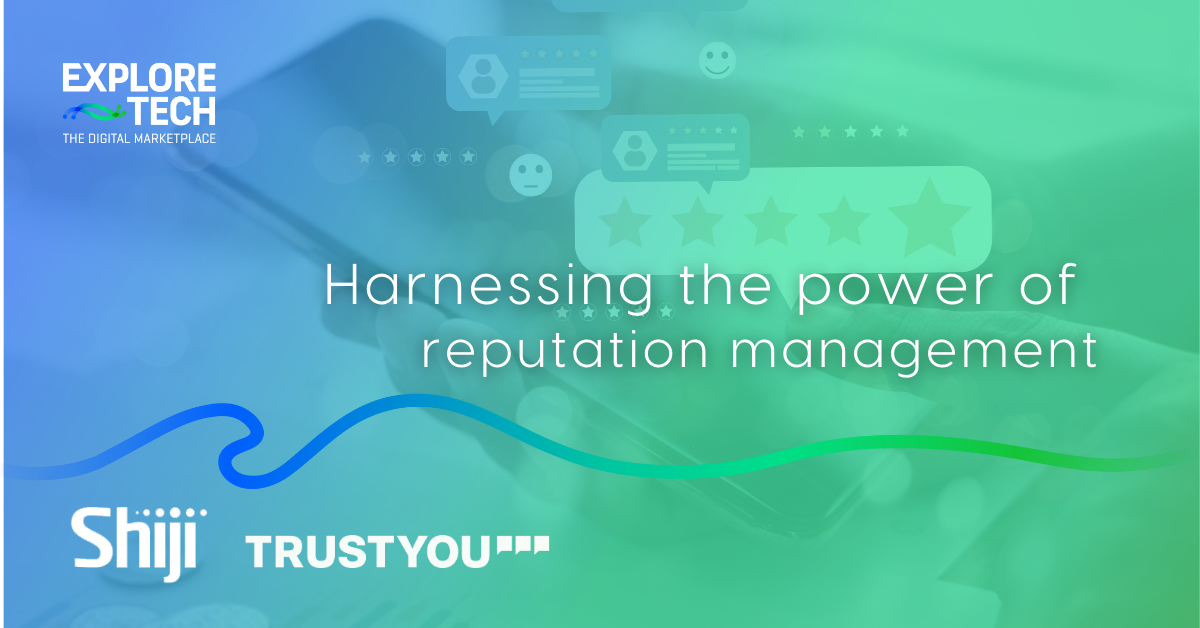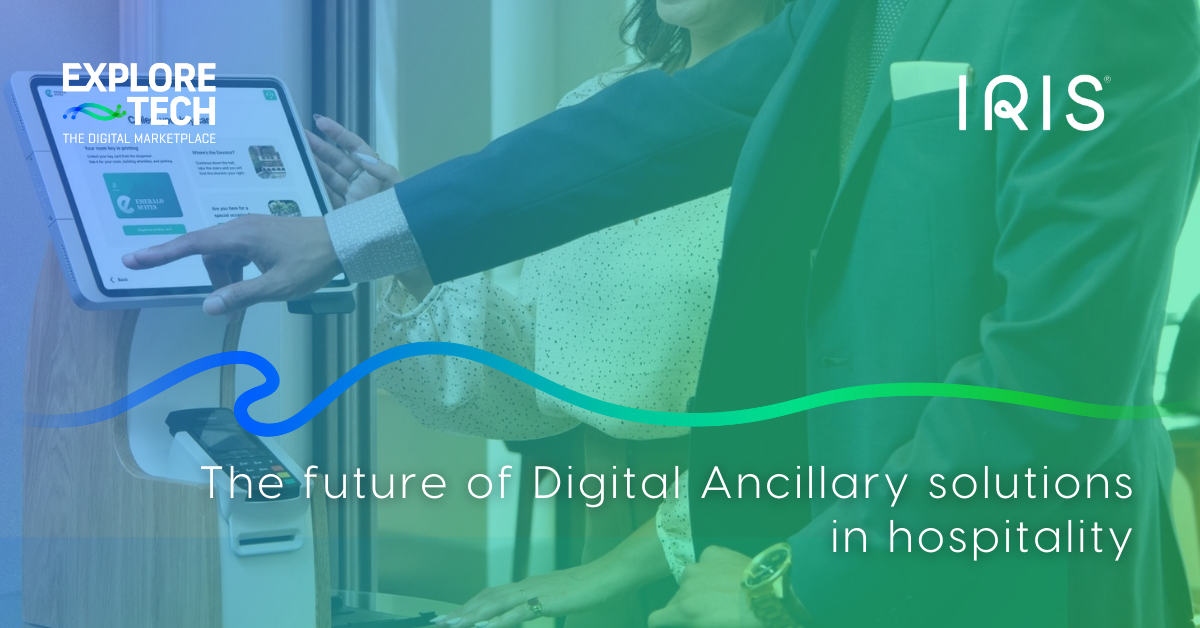
Artificial Intelligence (AI) has become a major talking point across industries, and hospitality is no exception. While much of the focus has been on AI-driven tools like chatbots and virtual assistants, which have certainly transformed guest communication, there’s much more beneath the surface. AI is not only enhancing customer service but also revolutionizing critical areas like revenue management, sales, and marketing. As hoteliers face growing complexity, AI-powered solutions are unlocking new levels of efficiency and insight. Based on recent Tech Matchmaker webinars and industry trends, let’s dive into how AI is reshaping these key areas for hospitality professionals today, with all of us keeping our eyes peeled on what will happen in the future.
Before we deep dive, we need to make a distinct clarification on the difference between AI and automation. During our recent Tech Matchmaker webinar on automation, the speakers highlighted that automation and AI serve distinct roles, although they are often used interchangeably. Automation was described as repetitive tasks that follow predefined loops or rules, such as robotic process automation (RPA), which needs to be explicitly programmed. AI, on the other hand, was viewed as more dynamic and capable of generating new ideas, analyzing data in more complex ways, and making decisions beyond the scope of traditional automation. AI's flexibility allows it to uncover patterns and solutions that automation alone cannot, making it a more advanced tool for tasks like content creation and process optimization. The consensus was that while automation handles routine tasks, AI facilitates deeper insights and innovation.
You can deep dive into any of the recent conversations we had during out Tech Matchmaker webinar series which links provided below on this.
AI in sales: enhancing personalization and efficiency
AI is transforming sales operations in hospitality by enabling personalized experiences and streamlining processes:
Personalized recommendations: AI analyzes customer preferences, booking history, and behavior to recommend tailored packages, enhancing guest satisfaction and driving higher conversion rates. Something which The Hotels Network and Triptease do really well with their direct booking conversion tools.
Lead Prioritization: AI-driven CRM systems help sales teams focus on high-potential customers by prioritizing leads based on real-time data analysis. Knowland use AI algorithms to score and rank potential leads based on hotel attributes and account booking behaviors, helping sales teams focus on the most promising opportunities. Thynk utilizes AI to process information, score opportunities, and spot deals that drive the most revenue and profit. This helps sales teams focus on the most promising leads and opportunities.
Task automation: AI automates routine tasks such as scheduling follow-ups and sending personalized offers, allowing sales teams to focus on strategic activities which Upmail, Thynk, and Cendyn do for sales teams very effectively.
Improved response times: Hotel Res Bot uses AI to read inbound emails, check availability and rates, and create proposal drafts automatically, significantly reducing response times.
Multilingual capabilities: Hotel Res Bot employs AI to create personalized proposals in multiple languages, improving the conversion of your direct reservations sales inquiries.
Group booking automation: Aphy's AI assists with group automation, reading group emails, checking pricing, and performing displacement analysis via the RMS.
AI in Marketing: Precision Targeting and Personalization at Scale
AI is enabling marketers to create more effective, personalized campaigns:
Advanced segmentation: AI-driven platforms like dailypoint automate guest segmentation, allowing for highly targeted marketing campaigns.
Real-time optimization: Cendyn uses AI in Google Performance Max campaigns to optimize ad placements and bidding in real-time, potentially achieving up to 20 times return on ad spend.
Personalized content: The Hotels Network uses AI to analyze website visitor data and provide personalized experiences, leading to an average 33% increase in conversion rates.
Dynamic email content: AI-powered content blocks in email marketing can adapt messaging based on guest personas, increasing engagement and conversion rates, which Hotel Res Bot and Revinate showcased for example.
Website personalization: Triptease is developing AI capabilities to create personalized content for guests based on their behavior on the hotel's website.
AI in revenue management: precision forecasting and dynamic pricing
Revenue management has seen significant advancements through AI adoption:
Accurate forecasting: AI improves demand predictions by analyzing vast amounts of data, with some vendors such as IDeaS, Atomize and FLYR claiming up to 95% accuracy.
Dynamic pricing: AI-powered systems allow hotels to adjust prices in real-time based on demand, market conditions, and competitor pricing.
Profit maximization: By optimizing pricing strategies, AI helps increase revenue while maintaining guest satisfaction.
Multiple learning models: SHR's system uses multiple AI learning models simultaneously, choosing the best model for each situation.
Proactive strategies: Blastness leverages AI to optimize hotel pricing through "market gravity" and "dual revenue management," automating real-time rate adjustments while balancing automation with human strategy and data interpretation.
Customization: Hotellab's system allows users to set their own algorithms and strategies that influence the AI's decision-making process.
AI in reputation management and guest insights
AI is also making significant contributions to reputation management and guest insights:
Semantic analysis: Shiji ReviewPro and TrustYou use AI-powered semantic analysis to break down sentiments in guest reviews, providing deep insights into guest feedback.
Automated review responses: Both Shiji ReviewPro and TrustYou can generate responses to guest reviews, with claims of being better than human-written responses in over 90% of cases.
Personalized recommendations: TrustYou's Chat AI provides personalized hotel recommendations based on guest preferences.
Profile synthesis: Revinate uses AI and machine learning for advanced profile synthesis, identifying similarities between disconnected guest profiles.
No-show prediction: RobosizeME developed an AI learning model to identify potential no-show reservations based on various parameters.
Key Takeaways and future outlook
Adoption rate: Despite the benefits and according to research done by Skift, only about 28% of hotels use revenue management tools, and less than 10% globally use a advanced and intelligent RMS.
Profitability impact: Organizations applying AI for dynamic pricing can potentially gain between 10-20% increase in profits.
Human-AI collaboration: AI is not meant to replace human expertise but to augment it. The combination of AI analysis, automation with human knowledge is cited as the most effective approach.
Continuous learning: AI systems in hospitality continuously learn and adapt to new market conditions, improving their performance over time.
Data integration: AI's power lies in its ability to integrate and analyze various data sources, including historical booking data, competitor pricing, market demand, and even social media sentiment.
As AI continues to evolve, its impact on hospitality sales, marketing, and revenue management will only grow. Hoteliers who embrace these AI-powered solutions can expect to see improved operational efficiencies, more personalized guest experiences, and ultimately, a stronger bottom line. The future of hospitality is here, and it's powered by AI.

ExploreTECH Content Team
admin


